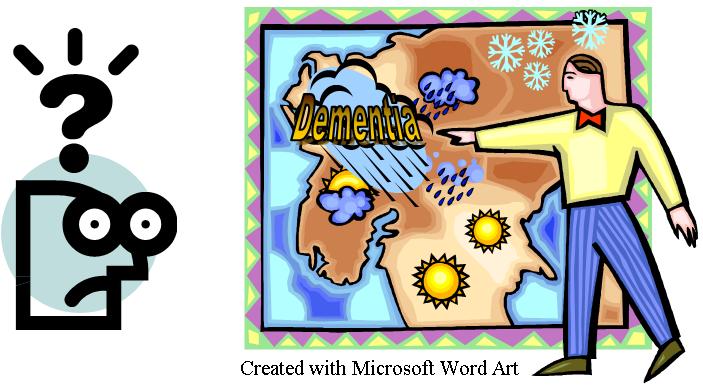Hypothetically donated organs
Every day three people die in the UK while waiting in the transplant queue. In the face of the urgency to increase the organs available, some propose introducing economic incentives. A more moderate solution consists in choosing a public policy with an appropriate default option, that is, a condition that is imposed on individuals when they fail to make a decision. A default option influences policy-outcomes in two ways: a) it can have a direct impact on people’s choices because they might interpret it as the option recommended by society; b) the effort involved in making a decision as opposed to accepting one –e.g. filling a form, having to think about one’s death, etc.- nudges people towards the default option.
Regarding organ transplantation, legal systems are divided between opt-out systems in which everybody is an organ donor unless she has registered not to be, and the so called opt-in systems that consider that nobody is an organ donor unless they have registered to be one. Countries with an opt-out system like Austria, Belgium or Spain tend to have higher organ donation rates. This fact is often used as a strong argument in favour of taking consent as the default option. Unlike the countries mentioned, UK has an opt-in policy. However, the Welsh are trying to pass a piece of legislation that would allow them to establish an opt-out system. Their initiative reopens the debate about the pros and cons of the two systems. Those who oppose introducing an opt-out system in the UK make the following claims:

